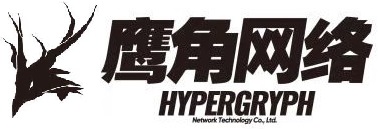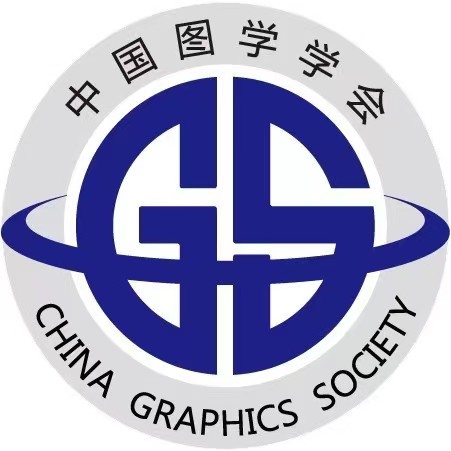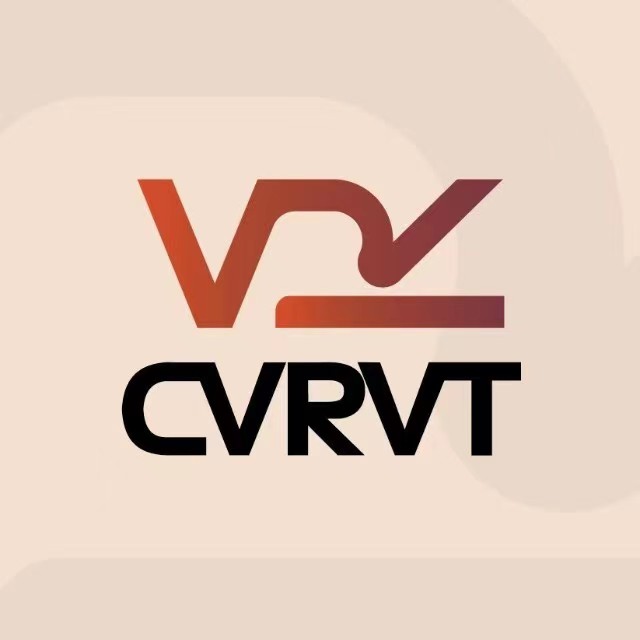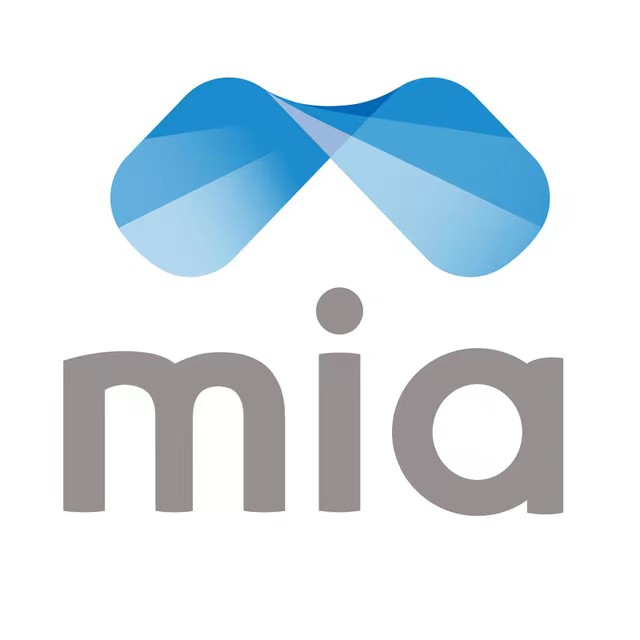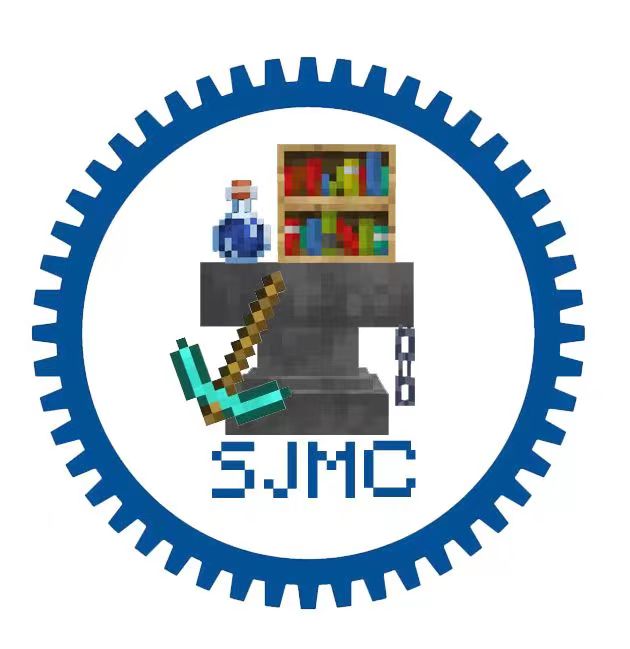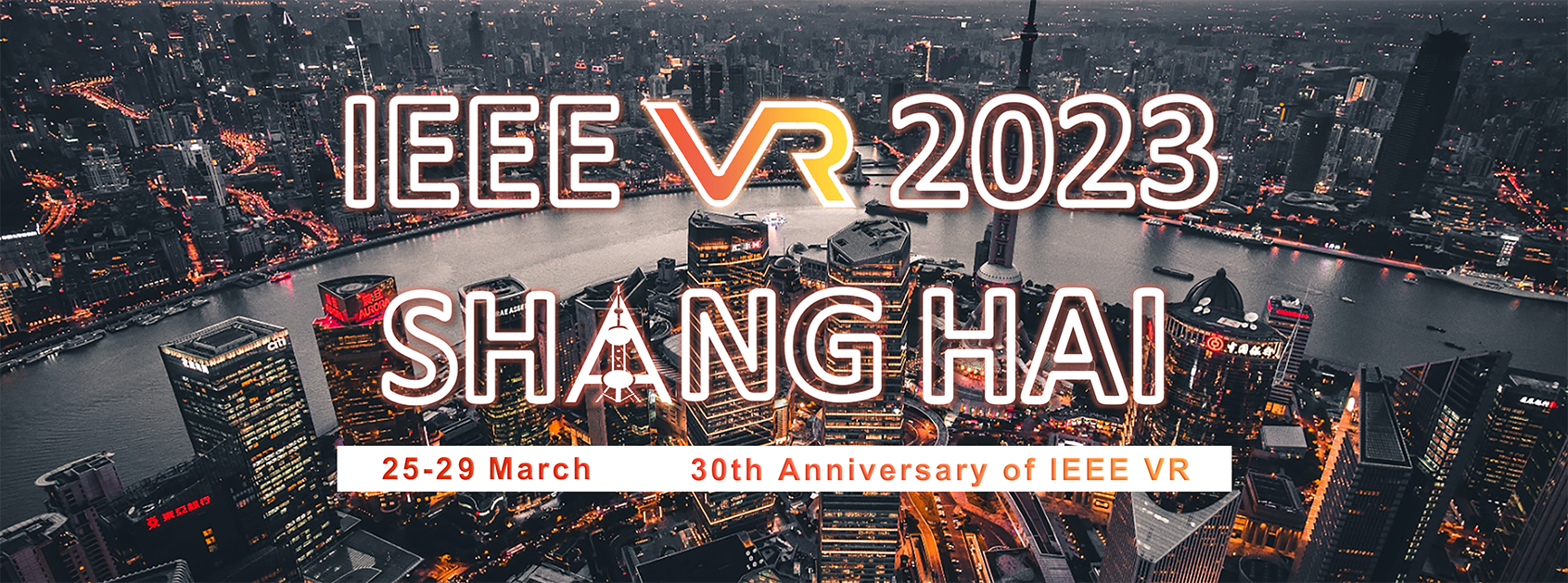
IEEE Virtual Reality 2023 3DUI Contest
Call for Participation
IEEE VR 2023: the 30th IEEE Conference on Virtual Reality and 3D User Interfaces
March 25-29, 2023, Hybrid
https://ieeevr.org/2023/
Contest Registrations can be made via email to contest2023@ieeevr.org, final submissions can be made through the Online System: https://new.precisionconference.com/~vr.
Important Dates - All deadlines are Anywhere on Earth (AoE)
Each deadline is 23:59:59 AoE (Anywhere on Earth) == GMT/UTC-12:00 on the stated day, no matter where the submitter is located. A convenient tool to see when AoE is for your local time is setting your location at 1 and Baker Island (which uses AoE) for: https://www.timeanddate.com/worldclock/meeting.html- December 22, 2022: Contest registration (project title and team members
- January 18, 2023: Submission of two-page abstract and video
- January 30, 2023: Notification of which entries are accepted
- February 8, 2023: Camera ready version
Overview
This year, the IEEE VR 2023 will hold the 14th annual 3DUI Contest. It is open to anyone interested in 3D User Interfaces (3DUIs) and Virtual Reality, from researchers to students, enthusiasts, and professionals. The purpose of the contest is to stimulate innovative and creative solutions to challenging 3DUI problems. The theme of this year is “Metaverse Privacy - Authentication Using 3D User Interfaces”. Participants need to create and submit an original 3DUI project. This may include VR/AR/MR-driven 3DUI systems that IEEE VR attendants can run with their own devices. You have to create an environment that will allow people to visualize and interact with the chosen topic areas. The challenge for this year is for the contestant to implement a novel authentication technique using 3DUI (e.g., 3D manipulation, head pointing, gaze selection, etc.) with the emphases on privacy, security, and usability for the proposed application. Due to the circumstance, we specifically do not request or make it a prerequisite to include user evaluations.
We expect the following functionality:
- It should provide a 3D authentication mechanism for VR systems to verify users. For example, with your 3D interface, users can use a set of 3D gestures as the password to login to a system. Please do not limit to 3D gestures, we highly encourage innovative 3D authentication interfaces.
- One or multiple potential users should be able to interact in the 3D environment
- Teams should provide a downloadable program for IEEE VR attendants to test
- The project should present novel 3DUI techniques and focus on a technical contribution
- A classic 3DUI technique should be included and adapted for the specific use case (for examples, see:https://www.youtube.com/watch?v=cPb32YG3t1c)
- The simulation could be played standalone, or networked. A user should be able to experience the application for at least 7 minutes time
- Optionally, the project could include an evaluation or the reporting of performance metrics
Submissions will be evaluated through the following criterias:
- Efficiency and convenience of user operations
- Security of the authentication mechanism
- Novelty of the design
Eligibility
The 3DUI Contest is open to anyone interested in 3DUIs — researchers, students, hobbyists, professionals, or anyone else. Requirements for the selection and presentation are specified below.
Rules
The submitted solutions have to fulfill the following rules to be considered for acceptance and presentation during IEEE VR 2023:
- Submissions have to present a 3DUI solution:
- Which covers the topics of “Metaverse Privacy - Authentication Using 3D User Interfaces”, more features or unlisted features are encouraged. It will be considered in the evaluation phase.
- Describe which of the 3DUI techniques has/have been extended.
- Projects must be submitted with a video (between 3 and 5 minutes) and compiled version.
- Must be compatible with OpenXR standard (https://www.khronos.org/openxr/ ).
- The developed 3DUI should
- … be innovative and technically sound,
- … provide high usability,
- … be aesthetically pleasing, and
- … be enjoyable and thought-provoking.
Teams
Teams of up to ten people may submit solutions.
Paper
Teams must submit a short paper of two pages, with a description of the solution, details about the software developed, a brief description of the closest related work and how your system is novel, and a description of how you iterated upon the design. If your submission is accepted, this paper will be included in the IEEE VR Conference proceedings as a two-page extended abstract describing the contest solution, and therefore must be formatted using the IEEE Computer Society format as specified for VR conference papers.
Video
Teams will also submit a video that presents the solution to the public, including an explanation of the equipment, software, and interaction techniques used to solve the problem. If your submission is accepted, the video will be made publicly available. Videos should have a length of approximately 4 minutes and should include the title along with the names and affiliations of the contestants. The submitted file should be a high-quality compressed video with a size of no more than 300 MB and submitted via the submission system or a link to an unlisted youtube video/alike.
Demonstration
If your submission is accepted, you will participate in an (hybrid) demo session at the conference, where you will showcase your work to the IEEE VR community. Since this year's contest will be judged at IEEE VR, we will invite various judges from the community to judge your solution. The judging criteria are novelty, usability, security, and the relevance of the topic. We will further offer on-site judging for all conference attendees. Contestants are expected to have their set-up prepared for demoing their individual solutions, please note that at least one author of each accepted work should be on-site or remotely during the 3DUI session as part of IEEE VR.
The final score will be the combination of the expert judges’ scores plus the audience scores. The winning team with the highest score will be awarded.
Contest Registration - due December 22, 2022
Teams should register their project title, a contact email, and the team members upfront via email to contest2023@ieeevr.org.
Abstract and Video Submission - due January 18, 2023
Teams should submit their abstract paper and a high quality video through the online submission system: https://new.precisionconference.com/~vr
Submissions must be in English and must be prepared in IEEE Computer Society VGTC format (https://tc.computer.org/vgtc/publications/conference/) and submitted as PDF. We highly encourage authors to use the LaTeX template (https://www.cspaul.com/vgtc/vgtc_conference_latex.zip). Authors who choose to use the Word template need to ensure that their PDF submission matches the format.
Contact
Feel free to contact us at contest2023@ieeevr.org if you have any further questions. Call updates will be posted on the contest page: https://ieeevr.org/2023/contribute/3dui-contest/ .
3DUI Contest Chairs:
- Elham Ellie Ebrahimi, University of North Carolina, Wilmington, USA
- BoYu Gao, Jinan University, China
- Chao Mei, Meta Reality Labs, USA
- Thammathip Piumsomboon, University of Canterbury, New Zealand

















